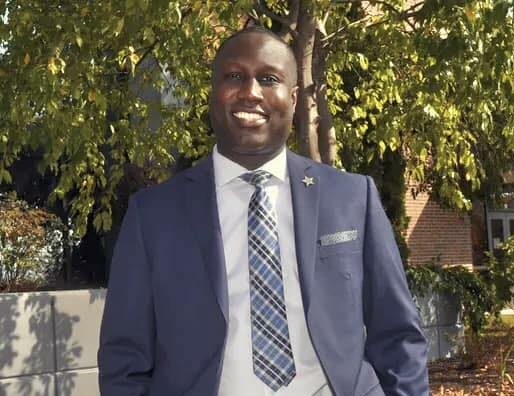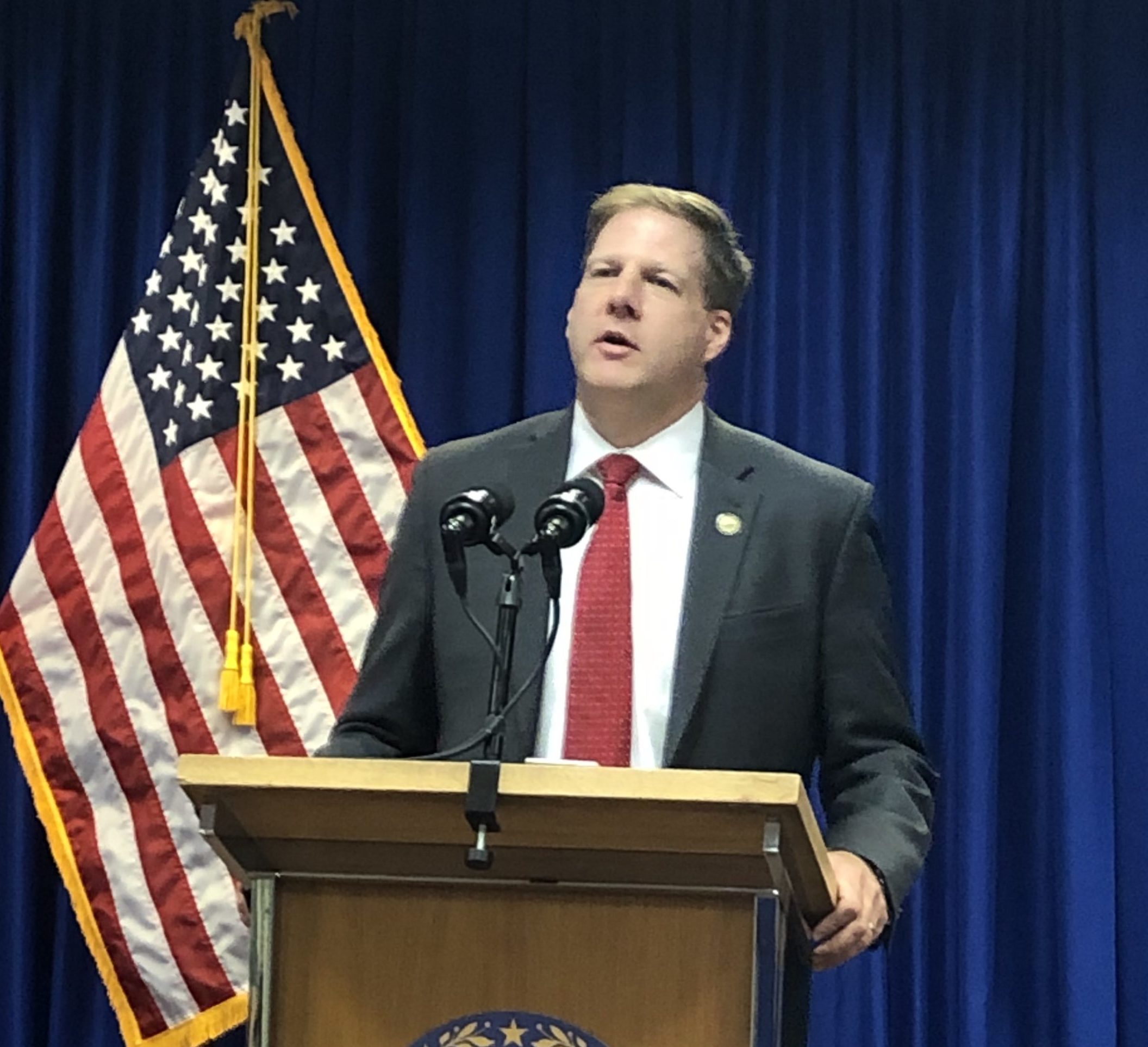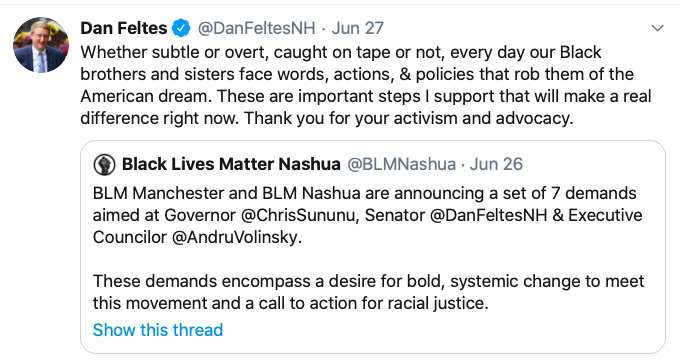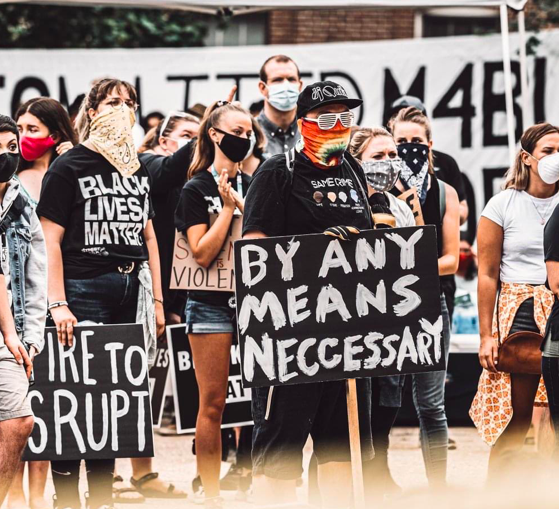After Rejecting Deals, Brave Could Face Additional Charges
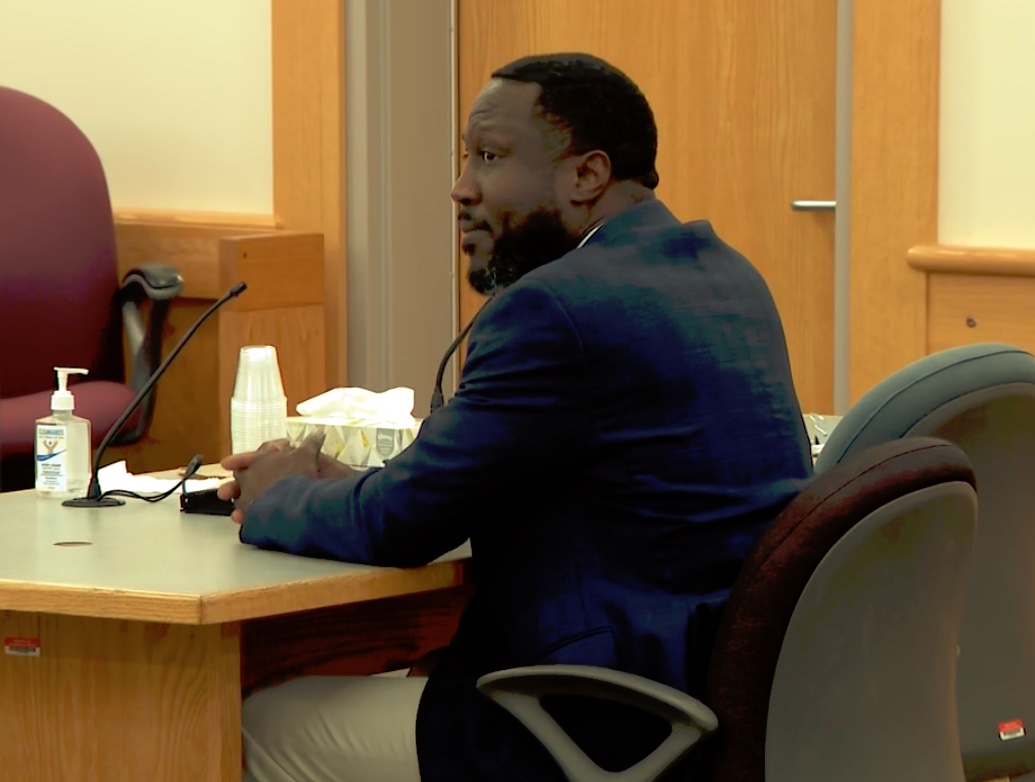
Former rising Democratic Party star Mark Brave once thought he could play the race card and beat the rap over his alleged mishandling of taxpayer funds.
After he was arrested, the former Strafford County sheriff appeared to believe he could leverage a sweetheart deal by rejecting plea bargains from prosecutors.
Instead, after delaying the case for months, Brave may now face even more criminal charges if he decides to face a jury.
Brave is currently facing up to 64 years in prison on Stratford County charges for allegedly stealing taxpayer money to pay for his extramarital affairs and then repeatedly lying about it to a grand jury.
Assistant New Hampshire Attorney General Joe Fincham told Rockingham Superior Court Judge Andrew Schulman in a June 12 motion he plans to seek more indictments against Brave if the case does go to trial as scheduled on Aug. 5.
Brave, who made history when he was elected New Hampshire’s first Black sheriff, could get another record in the books by becoming the state’s first elected sheriff to go to prison. He was a progressive favorite who ran a pro-Black Lives Matter campaign to reform law enforcement before he was caught stealing money to pay for multiple out-of-state liaisons with many different women who were not his wife, according to court records.
These possible new indictments would likely cover Brave’s alleged misdeeds as sheriff in Strafford County and his lies to Rockingham County court officials after he was charged. According to Fincham, Brave knew he could be charged with more by turning down a deal and going to trial.
“During prior hearings in this matter, the state informed the court and counsel for the defendant that in the event a plea agreement was not reached in this matter, the state would consider superseding the Strafford County indictments currently pending in this matter, as well as potentially seeking additional indictments in Rockingham County for conduct that has occurred during the litigation of the Strafford County indictments,” Fincham wrote.
While he was being investigated last year, Brave accused members of the Strafford County Commission of targeting him because they were racist. All three members of the commission are elected Democrats.
Once he was indicted, Brave’s case was moved to Rockingham County to avoid a conflict of interest. It’s in Rockingham County where Brave is accused of lying to court officials about his income and his place of residence.
Brave was assigned a free public defense attorney last year when he claimed he was essentially broke following his divorce. However, it came to light Brave was, in fact, flush with cash after the sale of his marital home in Dover. He had enough money to buy a 1968 Porsche and pay a year’s lease on an apartment in Massachusetts, according to court records.
On top of hiding the money from the court, Brave also violated an order from Schulman to live in New Hampshire pending trial. Brave got around that order by telling the court he was living in a Dover apartment while he was really living in Massachusetts.
When Brave’s lies were discovered, Fincham threatened to charge him with theft for receiving his New Hampshire sheriff’s salary while living out of state and revoke his personal recognizance bail. According to Fincham, Brave is required to live in New Hampshire as an elected official. Brave had been collecting his salary while out on paid administrative leave.
Brave got out of that jam by resigning his position in December in exchange for not going to jail right away.
Brave turned down a plea agreement offered by prosecutors earlier this year, and refused to sign on to a mediated plea agreement reached last month. That forced Schulman to schedule a trial for the first week of August.
Fincham’s motion seeks to hold the trial schedule since there’s still a chance the case can be resolved with a negotiated plea. According to Fincham, talks between prosecutors and Brave’s attorney are ongoing.
If those talks fail and the case goes to trial, Fincham said the new indictments he plans to seek could come weeks before the jury is selected, giving little time for either side to file any necessary motions on the charges.
Fincham notes he will also need more time than Schulman has scheduled to call the numerous out-of-state witnesses he has planned.
The Rockingham County venue for the trial is another issue that needs to be resolved before trial, according to Fincham. Brave has the constitutional right to have the trial on the original charges held in Strafford County. So far, there’s been no court finding that Brave cannot have a fair trial in Strafford County, and Brave has not formally asked to change the venue from his home county, Fincham wrote.

